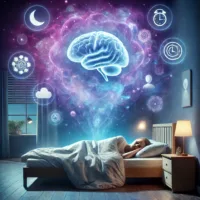 A little on the importance of REM sleep
A little on the importance of REM sleep
REM (rapid eye movement) is the stage of sleep where we essentially uncouple the previous day’s experiences from their emotional signatures. Those experiences may be made up of an argument with someone at work, someone who was rude to you on your commute or a lingering relationship problem at home. All of these stressors contribute to what’s called our allostatic load. That is, the sum total of stressors (real or perceived) in our lives. And, of course, we also have an allostatic threshold. And once we pass that threshold things become pretty bad pretty quickly.
REM sleep happens predominantly in the second half of the night with the majority of deep sleep happening earlier in the night. This is important to understand because if we are only getting 5 hours of sleep a night, for most of us that means we meet our deep sleep requirements (they are met first) but we don’t meet our REM sleep requirements (they are met second). In such cases we fail to uncouple the emotional signatures from our previous day’s experiences and so wind up carrying that stress over into the following day. Not good.
This results in beginning your day at a higher level of stress than you would ordinarily. Not because your day ahead is particularly stressful (although it may be) but because your stress load is higher and so your capacity for new stress is lower. Without being aware of this you’re likely to react irritably to relatively innocuous experiences. Maybe you catch your jacket in the door on the way out to work, someone bumps into you on the street or your colleague teases you over something you’d normally laugh at. Inadequate REM sleep will increase the likelihood of you reacting emotionally to these situations. In many cases, these days become ‘just a bad day’. Of course, there’s nothing inherently wrong with the day but your perception of it has shifted since it is clouded by yesterday’s stressors that you failed to rid yourself of.
And then, when you finally get home, beaten down and defeated by an unfair number of personal grievances you decide to treat yourself to a glass of wine and some late night television. Voluntarily delaying exactly that which your body so desperately needs, what the next day needs: a clean slate. You go to bed late, you don’t sleep long enough, you miss out on that all important REM sleep and wake feeling unrested. Tripping over your partner’s shoes on your way to the kitchen you feel your blood simmer and the cycle begins again.
Forgo the evening pleasures. They hurt you.
Give your body the recovery it needs.
It will literally change your life.

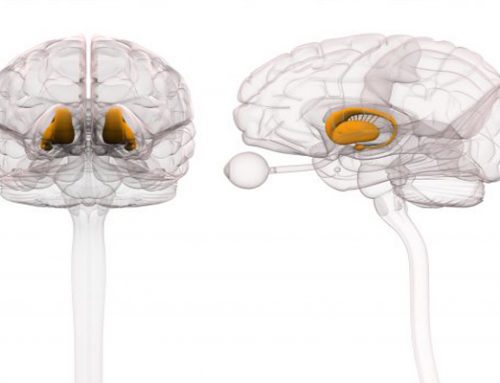
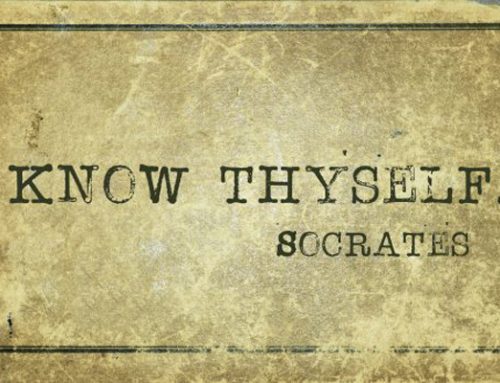
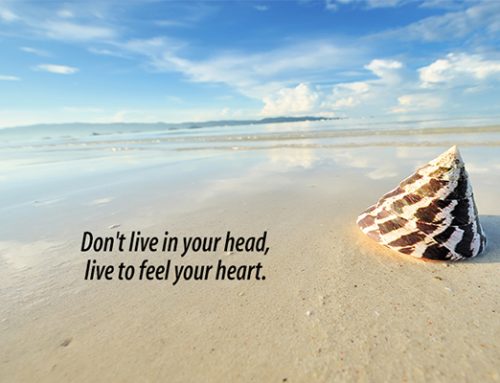
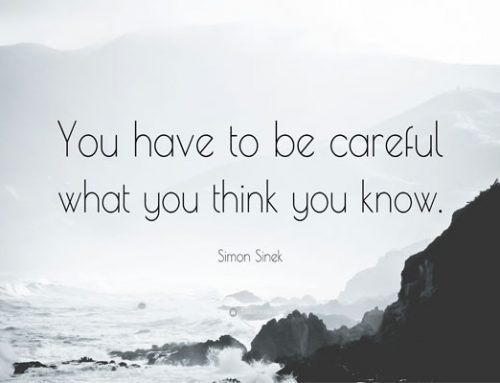
Leave A Comment